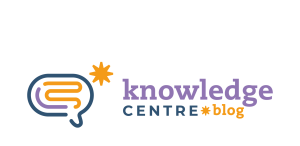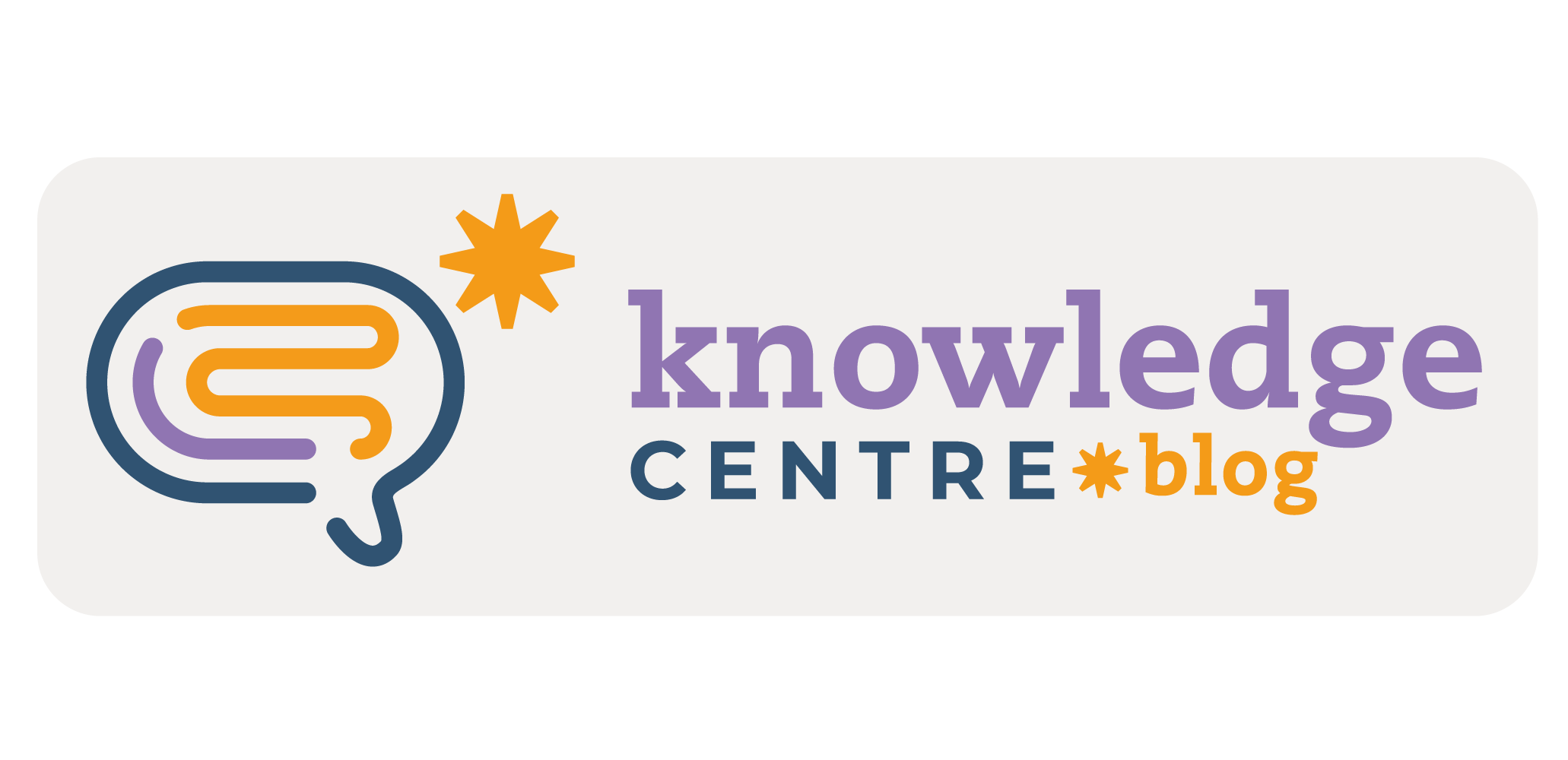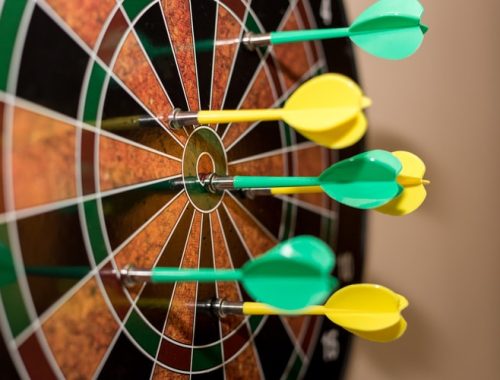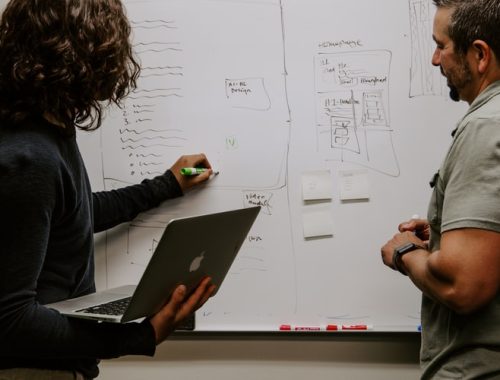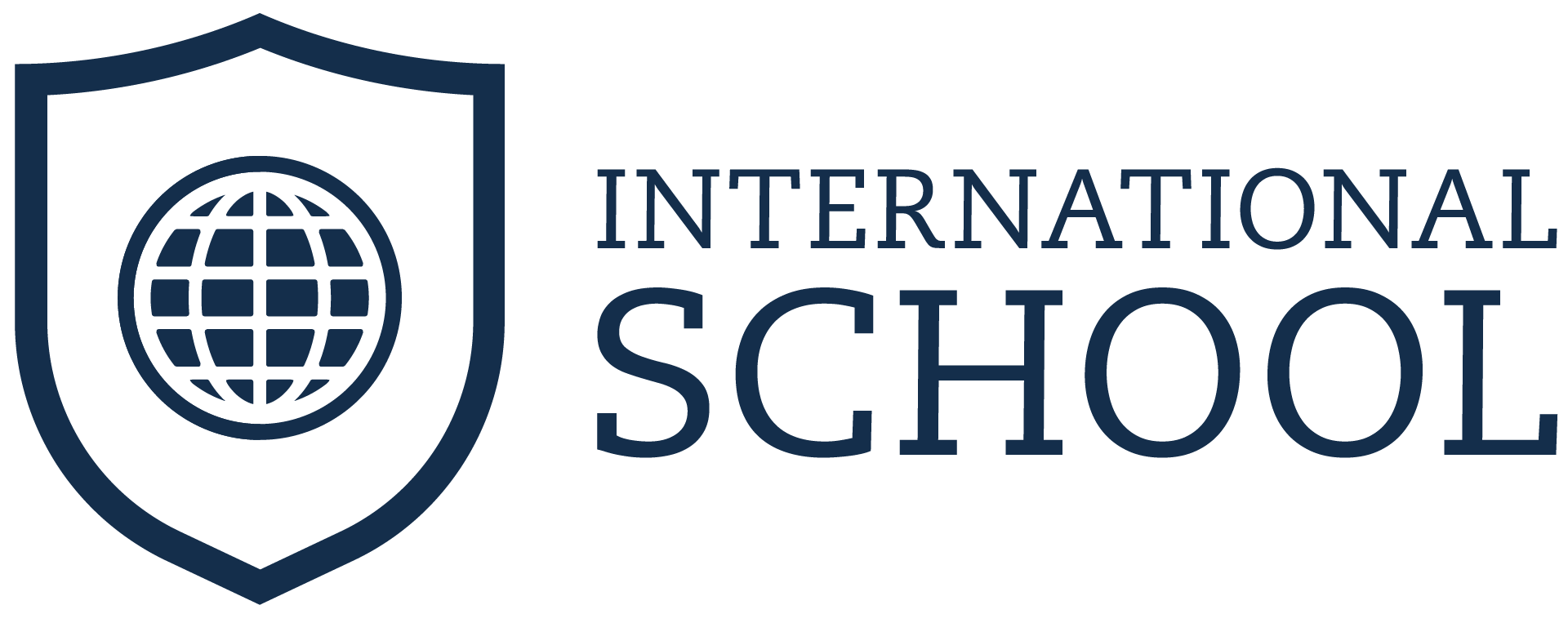We already know that teaching demands constant improvement in our practices. In this text, I will suggest a few practical tips so that you can better understand what your learning needs are and how to organize a study routine.
First, the management team can support teachers by providing time and materials for studies and encouraging teachers to share their knowledge. According to the Lei de Diretrizes e Base 9394/96:
“Article 13: Continuing In-Service Training should offer teachers the opportunity to learn, along with their work colleagues, with the support of an experienced trainer (mentoring or tutoring), sharing already developed learning, in compliance with the provisions of the sole paragraph of Article 61 of the LDB.”
In this way, schools need to have Continuing Training in-service moments that help foster partnership and learning between peers.
In 2020, the Brazilian document Base Nacional Comum para a Formação Continuada de Professores da Educação Básica was published. This document helps higher education institutions, school administrators, and teachers better understand what skills teachers need to develop in order to improve their pedagogical practices.
The BNC/Formação Continuada details the professional knowledge and experiences that will support teachers so that they can develop on themselves the ten general competencies of the Base Nacional Comum Curricular. These competencies and abilities are structured into three major dimensions: knowledge, practice, and professional engagement.
To help teachers and school administrators on this journey for continuous learning, here are 5 tips:
1- Self-assessment.
Reflect on your pedagogical practice and professional development. You might start with self-reflection questions such as: Which teaching strategies I know better? In what aspects can I improve? How can I improve the approach, selection, and organization of contents, the didactic sequence, and the contextualization? Are the methodologies used meeting the needs of the students? Who can I talk to about these reflections? Who could I reach out for support and for exchanging experiences? What other teaching strategies can I add or try?
2- Choose subjects that interest you.
We know that for learning to be effective, it must be meaningful. So, study something you are interested in and that connects with your reality in the classroom. Some subjects that are trending in Education now are Socioemotional Skills, Technological Tools, Human Rights, Environment, BNCC, Learning Recovery after COVID-19, Literacy, Active Methodologies and Assessment.
3-Organize your time.
Look for courses and activities that suit your schedule and plan a learning path that is possible on your daily routine. You can use a planner to organize the hours you will study. Even 20 minutes a day would make a difference.
4- A little goes a long way.
Don’t try to bite off more than you can chew, or you might be frustrated. Learning is a process, and it takes time to learn. Rather than taking multiple courses and learning innumerous new skills, it can be more productive to focus on what will support your day-to-day practice. Dig deeper into specific topics and take advantage of everything the course offers, from extra reading to discussion forums and lesson plans.
5- Exchange experiencies
Talking to other teachers helps boost learning, whether it’s inviting colleagues to take the same courses as you or setting up a study group. If you are a school manager, encourage the exchange of experiences among the teachers on your team, surely everyone has a lot to collaborate on.
Finally, remember that being a teacher requires constant development, and this can be pleasurable because you see improvement in student learning. Then, school managers and teachers can work together to ensure continuous training for an up-to-date and engaged faculty. Tell us in the comments which of these tips you want to put into practice, or if you have already done so.
References:
BRASIL. Lei n. 9.394 de 20 de dezembro de 1996. Estabelece as diretrizes e bases da educação nacional. Brasília, DF: Presidência da República, 1996. Disponível em: http://www.planalto.gov.br/ccivil_03/leis/L9394.htm. Acesso em: 04 abril 2023.
BRASIL. Resolução CNE/CP n. 2, de 20 de dezembro de 2019. Define as Diretrizes Curriculares Nacionais para a Formação Inicial de Professores para a Educação Básica e institui a Base Nacional Comum para a Formação Inicial de Professores da Educação Básica (BNC-Formação),2019b.Disponível em: http://portal.mec.gov.br/index.php?option=com_docman&view=download&alias=135951-rcp002-19&category_slug=dezembro-2019-pdf&Itemid=30192. Acesso em: 04 abril 2023.

By Bianca Mauro
She currently works as a Training Specialist at edc – Educational Development Center, a team responsible for developing teachers and pedagogical consultants who implement the International School’s bilingual program. She graduated in Languages from Universidade Paulista and in Pedagogy from Universidade Cruzeiro do Sul. She has a postgraduate degree in Bilingual Education from Instituto Singularidades. She is currently taking a postgraduate course in Innovation in Education through Technologies at the Federal University of ABC. She has more than 10 years of experience in bilingual education, as a teacher, coordination assistant and teacher trainer in language schools and bilingual schools.
